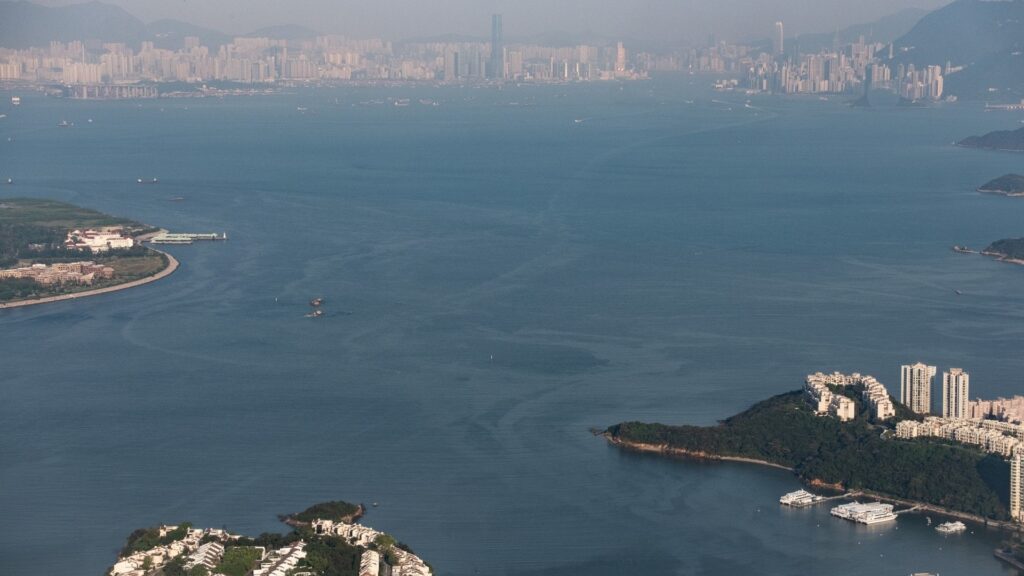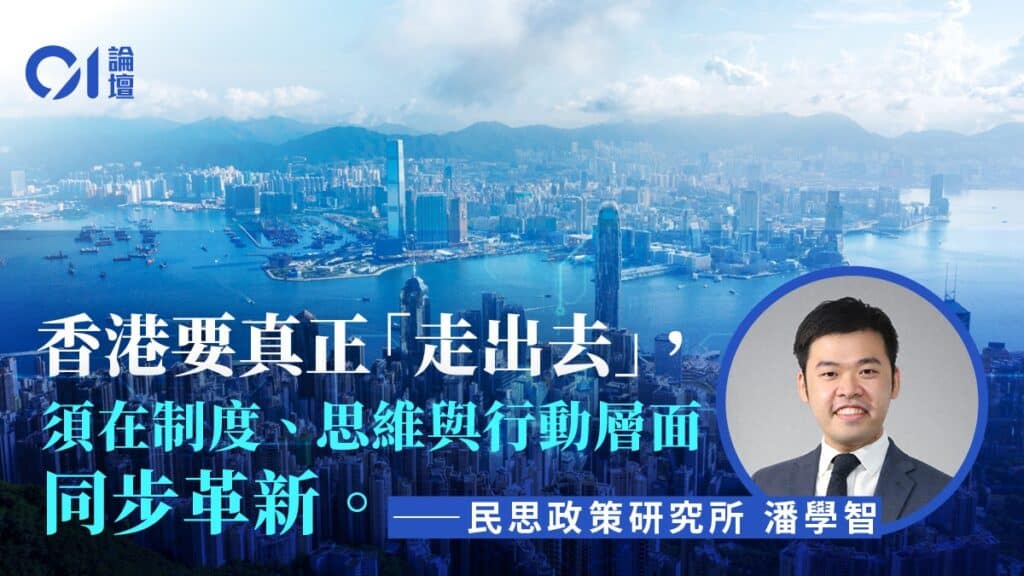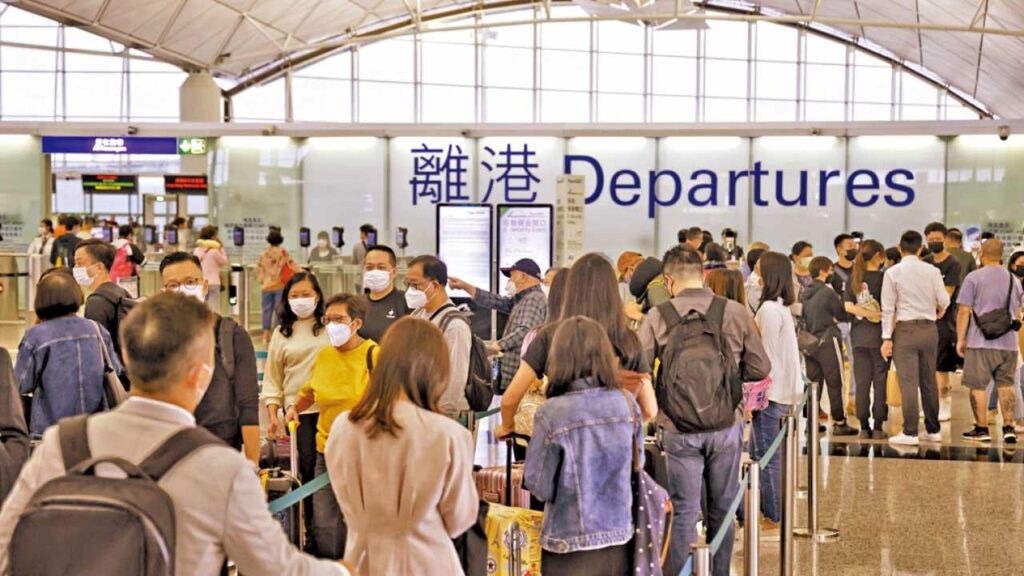In 2018, the global economy was affected by the risks of trade protectionism and trade friction, which raised concerns about where Hong Kong will go in terms of national development strategy and international political situation. There are many external uncertainties, and investors in Hong Kong are highly cautious. However, it still recorded a growth of 3% in previous years, which shows that its economic foundation is solid and has the ability to withstand short-term downward pressure. While actively responding to the external environment, Hong Kong is faced with internal challenges such as insufficient development space and increasing business costs. It must not only provide residential units to meet people's livelihood needs, but also increase industrial and commercial land to promote economic development. The turmoil caused by the rivalry between major powers is likely to continue for some time, and land shortages have always been a stumbling block to mid- to long-term development.
New land and housing policies improve supply and demand imbalance
In the past year, land, land and housing have been the focus of the SAR government's policies. In her policy address, Chief Executive Carrie Lam Cheng Yuet-ngor announced six new housing policy measures in the hope of improving the long-term imbalance between supply and demand, known as the "Six Moves". Currently, the property market is high. The original selling price of subsidized sale houses is about 30% off the market price. Under the new offer, it is decoupled from the market value, making it easier for the public to afford it. In response to the problem of "difficulty in getting into a car", the "Hong Kong First-time Home Buyers" pilot project was launched to provide real estate to first-time home buyers at discounted prices. In order to meet the needs of the grassroots, additional private residential land was allocated for the construction of public housing, ultimately increasing the public-private housing supply ratio from 6:4 to 7:3. Promote social housing sharing programs to improve poor living conditions and build transitional housing to provide subdivided housing households with more comfortable residences. As for real estate developers, the government has levied a vacancy tax on first-hand properties and revised the consent form for pre-sale properties to boost supply.
In addition to focusing on housing supply, the government also hopes to improve land planning and increase the supply of land for housing construction. The government became the Land Supply Task Force to launch a five-month "Land Debate" and launched 18 supply options, including near-shore reclamation, brownfield development, and the use of private recreational areas. The public and experts exchanged opinions through debates to resolve differences. . At the same time, a pilot land sharing plan was proposed to exchange existing government land for developers’ private land and use public-private cooperation to develop agricultural land. In addition, the original development plans have also been launched one after another. The Tung Chung New Town expansion reclamation and preliminary works have begun, with the goal of moving the first batch of people in 2023; the Northeast New Territories Development Plan, which has been planned for 20 years, has begun to acquire land. , it is expected that the first phase of the project can recover 68 hectares of private land and release more supply.
Long-term development vision helps Hong Kong reposition itself
The "Lantau Tomorrow" vision plan is a long-term development vision for the next two to thirty years. The reclamation and construction of artificial islands near Kau Yi Chau and Hei Ling Chau in phases, with a reclamation area of 1,700 hectares, is a long-term solution to increase supply. . As the third core business district, the artificial island will meet Hong Kong's mid- to long-term economic and employment needs, and 70% of the residential land on the island will be classified as public housing to help the grassroots get upstairs as soon as possible. The reclamation part will develop strategic transportation infrastructure to connect Hong Kong Island West, Airport Island and Tuen Mun, and cooperate with the Guangzhou-Shenzhen-Hong Kong Express Rail Link and the Hong Kong-Zhuhai-Macao Bridge to connect with the Guangdong-Hong Kong-Macao Greater Bay Area and unleash the economic potential of the "dual gateway".
The four major families that have a profound influence on Hong Kong's economy all made their fortunes in real estate. Li Ka-shing, chairman of CK Hutchison Holdings, and Lee Shau-kee, chairman of Henderson Land Development, have successively handed over the reins to a new generation, symbolizing that Hong Kong's economic development history has entered the next era. In the next wave of development trends, Hong Kong will face strategic adjustments and repositioning as a top international city. As a new round of technological revolution meets changes in the global value chain, there is considerable uncertainty about Hong Kong's transformation again. As the pressure on land does not ease, the difficulty will only intensify. To deal with this top priority for many governments in the past, the community needs to work together to solve the land supply problem that has plagued Hong Kong for many years and reshape the vision for future development.
Du Julan Co-Director of Shanghai-Hong Kong Development Joint Research Institute
Pan Xuezhi, associate researcher, Shanghai-Hong Kong Development Research Institute



